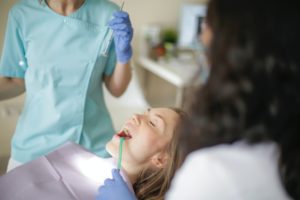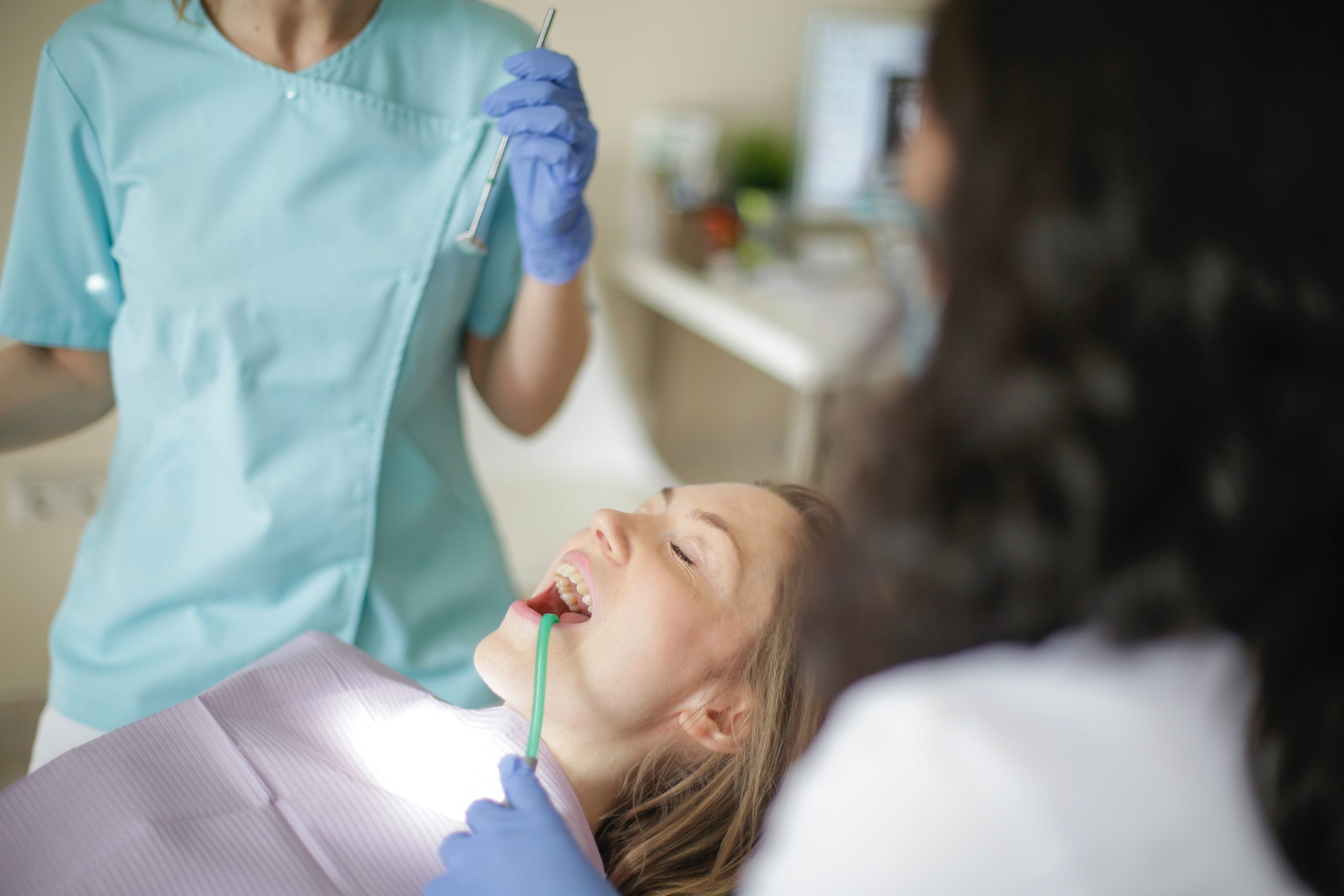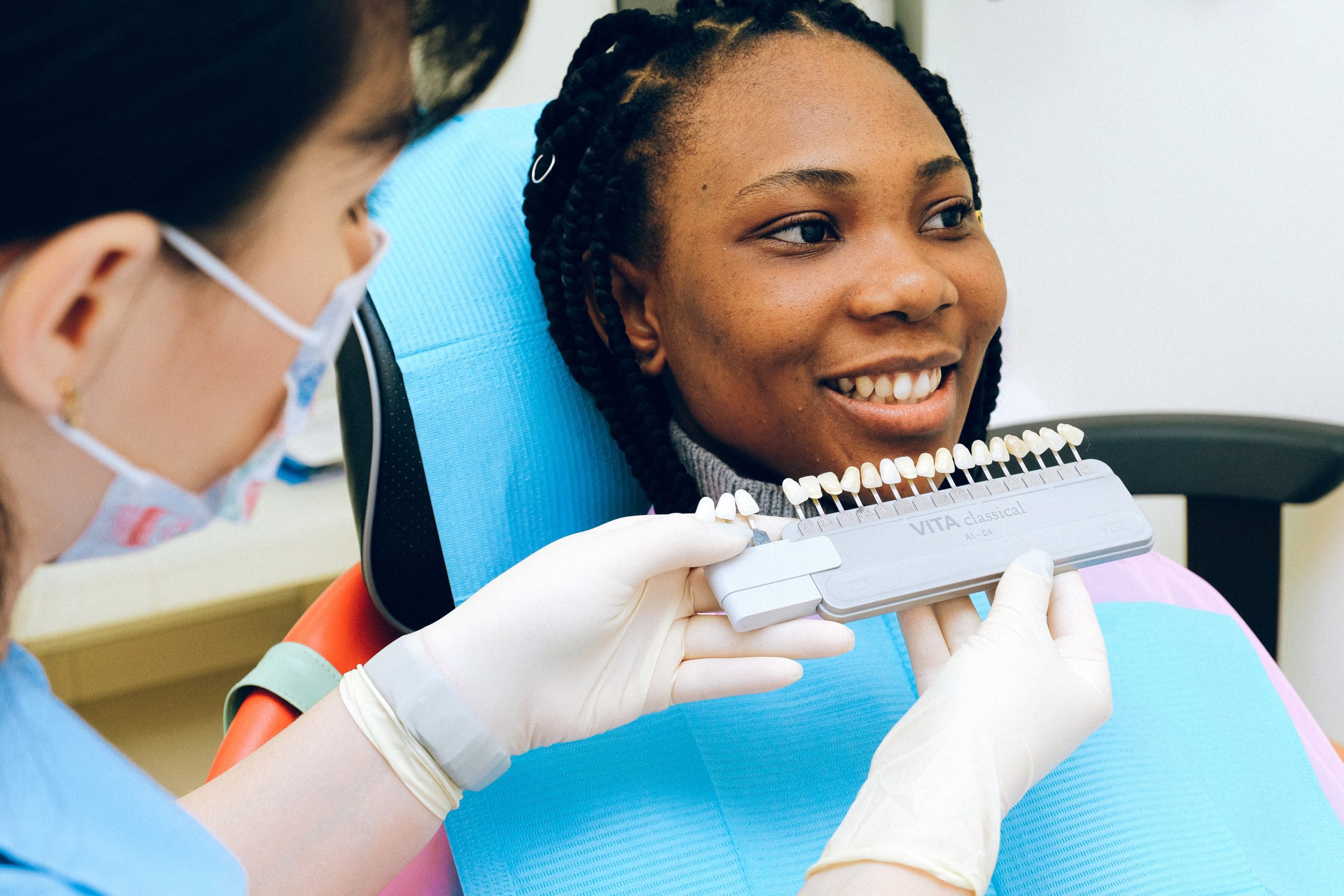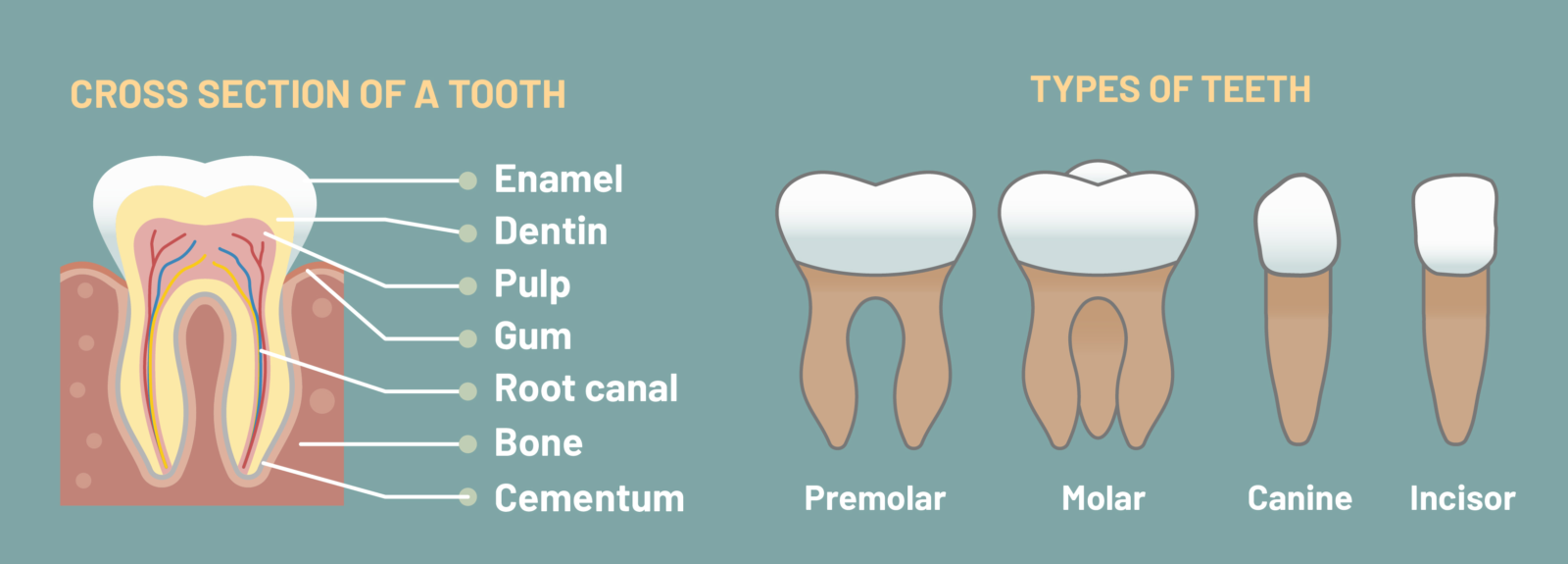
Regular brushing and flossing are essential for good dental health but are only part of the equation. If you wish to maintain strong, healthy teeth, it’s essential to book regular dental check ups and cleans at Tandara Dental. Most Australians will make an effort to see a dentist at least once a year but are often unaware why a dentist check up and clean is so important. Others may delay their regular check ups, imagining they don’t need to see a dentist because everything seems fine.
Regularly seeing a dentist is a simple routine that helps prevent serious dental disease. Often, dental problems like tooth decay and gum disease will not cause any symptoms, but treatment is far easier, quicker and more cost-effective when these conditions are detected earlier. Here is more information about how frequently you need to go for routine check ups and what to expect when seeing our dentist.
How Often Should I See a Dentist?
Generally, we like to see patients every six months for a checkup and clean appointment. Our dental team are often asked how long does dental check up take to complete? It’s a good preventive dental care routine that will typically only take thirty minutes to an hour, so even the busiest person can fit this into their schedule. Some people may benefit from a more frequent dental check up and cleaning, for example, if they have ongoing dental problems or medical issues that impact oral health. When you first visit our practice, we assess your dental health and review your medical health to decide how often you need to see a dentist to maintain optimal dental health. We can then provide your professional preventive dental care plan tailored to your needs.
What Does a Routine Checkup Consist of?
When you see our dentist for your regular dental examination, we will first ask you if there have been any changes to your medical health or if you have any concerns about your oral health. Our dentist will then check for the following:
- Signs of lesions or white spots that could indicate early tooth decay
- The general health of your gums and any indication of gum disease
- The condition of existing dental work like crowns, bridges and fillings
- Your jaw health, checking your jaw joints work smoothly and there is no sign of tenderness
- Occlusion, where we check your teeth meet together correctly
- Signs of any broken or decayed teeth or damage to teeth that require restoration
- The overall condition of your teeth, jaws and facial structure
We take digital dental x-rays periodically (usually every two years for a healthy adult) to assess structures hidden from view, including the contact areas between teeth and tooth roots. These x-rays are very safe, and we only take them when necessary.
In addition, our dentist checks for other signs of oral problems. These include teeth grinding and clenching, called bruxism, which is often a nocturnal disorder. Bruxism can cause significant damage to teeth and gums, sometimes wearing teeth down to such an extent they are little more than stubs. We also carry out a screening for oral cancer, checking the soft tissues inside your mouth, including your tongue, gums, cheeks and lips, and the lymph nodes in your neck. Although oral cancer is rare, it can become life-threatening when not detected early. All dentists are specifically trained to spot the symptoms of oral cancer, and this painless quick check can potentially save lives.
Once our dentist has assessed your oral health, they will discuss their findings with you. If necessary, they will provide a customised plan to treat any issues and explain exactly how the treatments will benefit your oral health.
Your dental cleaning is the second vital part of your professional preventive dental care plan.
Why Do I Need My Teeth Cleaned Professionally?
The whole purpose of regular brushing and flossing is to remove dental plaque, a sticky biofilm that builds up over tooth surfaces and contains harmful bacteria. Unless dental plaque is regularly removed, the bacteria in plaque will soon begin to produce toxins that infect and inflame your gums, causing gum disease. These bacteria also produce a weak acid that can erode tooth enamel, eventually causing cavities.
Even if you clean your teeth thoroughly, you will almost certainly leave some dental plaque behind, and it only takes a day or two for the plaque to harden into tartar or calculus. The buildup greatly increases the risk of tooth decay and gum disease, and the presence of calculus makes it easier for more plaque to stick to your teeth. A dental cleaning is an easy way to maintain strong, disease-free teeth and gums.
How Long Does a Teeth Cleaning Take?
It’s difficult to answer exactly how long does a dental clean take to complete because it varies from one person to the next. If you have a good oral care routine at home and remove most plaque, there will be very little tartar buildup over your teeth, and your cleaning will be relatively quick. When someone isn’t quite as vigilant, there can be a more substantial tartar buildup that will take longer to remove. Generally, you can expect teeth cleaning to take anywhere between half an hour and an hour.
What To Expect During Your Dental Cleaning?
Your dentist teeth cleaning appointment is quite gentle and shouldn’t feel painful. Our hygienist uses special hand tools to loosen calculus buildup during this appointment. They then scale or scrape away the loosened calculus. Teeth scraping eliminates all the tartar buildup, greatly reducing your risk of gum disease and tooth decay. If you have the early signs of gum disease, a condition called gingivitis, a dental cleaning helps to get rid of the bacteria causing the infection, and when combined with improved oral care at home, it can be all the treatment you need.
After your teeth have been scaled to remove plaque and tartar, your hygienist carefully polishes them. Polishing your teeth helps remove some surface stains, leaving your teeth looking brighter, gleaming with good health. At the end of treatment, your hygienist may suggest a fluoride treatment to help harden your teeth and protect them. Finally, your hygienist may want to review your oral care routine with you as they can identify any areas you may regularly miss when you brush and floss. They can suggest different ways to brush and floss your teeth or show you different tools to try.
What to Do After Your Teeth Cleaning?
After your teeth cleaning, your mouth will probably feel super fresh, and you should be able to eat and drink soon afterwards. We strongly recommend following any advice offered by our dentist and hygienist and that you book any follow-up appointments required. It’s also a great time to book your next routine dental checkup and clean so you have it in hand and won’t need to do anything further until we see you again.
What Should a Teeth Cleaning Cost?
Your teeth cleaning and dentist general checkup won’t cost very much, and you gain peace of mind and the confidence of knowing your teeth and gums are cared for properly. If you have dental insurance, the cost of preventive dentistry is almost certainly fully or partly covered.










